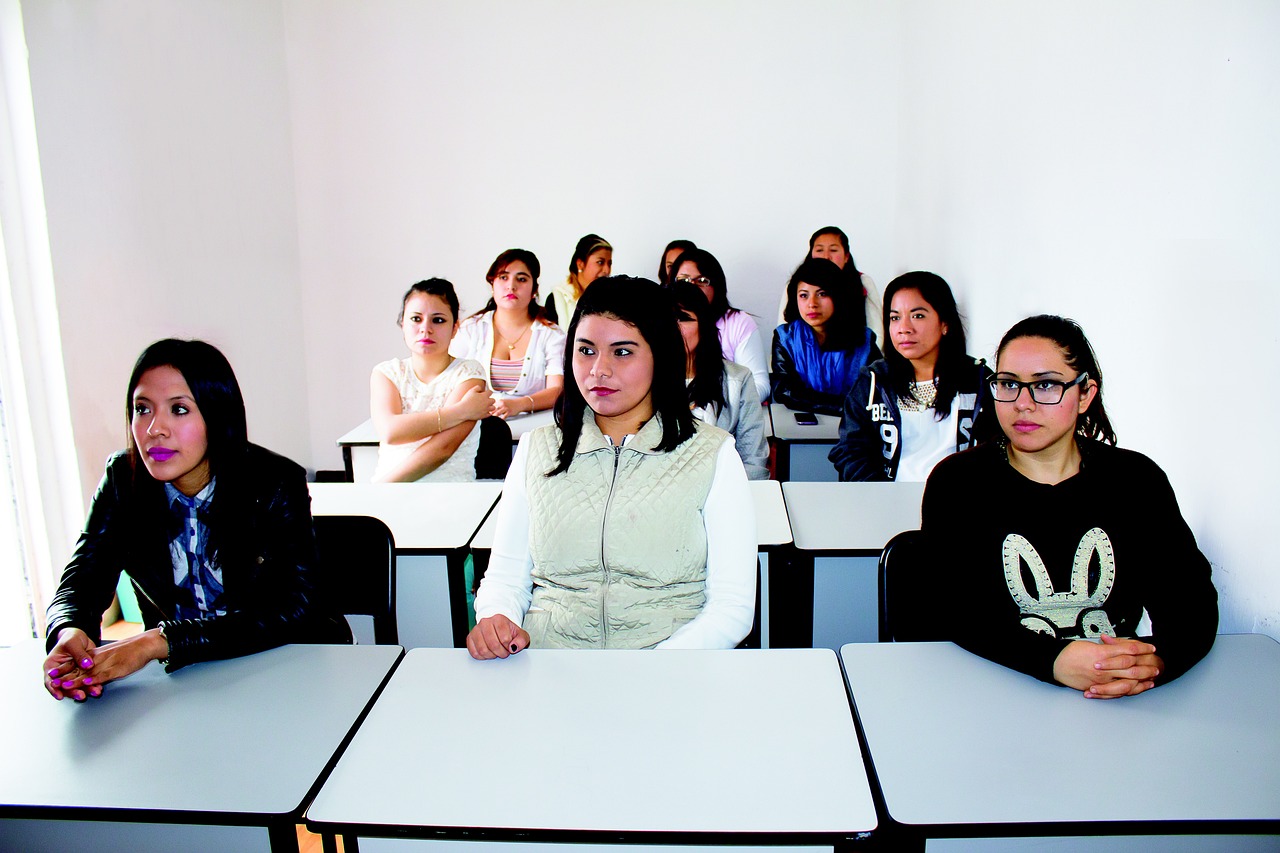Mastering IELTS: tips to get the best score in IELTS
Tips on how to get the best IELTS score
The two main bodies that design the IELTS test model are the ETS (Educational Testing Service) and the British Council. IELTS helps assess reading, writing, listening and speaking skills. This exam contains a scoring band system ranging from 0 to 9. There are different ways of evaluating scores in different countries. You must be able to speak the language of the country you are traveling to. The most important thing is to interpret the message of the natives of that country. If you are not able to understand the language of the country you plan to go to, your survival there will be difficult.
Since it is a very important assessment, we have created this article with the best tips to get the best IELTS score.
 How difficult is the IELTS test?
How difficult is the IELTS test?
IELTS is a very popular proficiency test all over the world. It is accepted in several English-speaking countries. Most English-speaking countries require other countries that do not have English as their native language to provide proof of language proficiency. Many people with their basic knowledge of English pass the IELTS exams with ease. However, they do not exceed the score band of 5.5 or 6.
In fact, it’s not a bed of roses when it comes to sitting for exams. It is definitely a tough trip and a call to put in great efforts when you want to go beyond the common score band 6. Surpassing the 7 band is very satisfying for those who manage to do so.
Passing the IELTS test is a pure combination of hard work, correct guidance and smart work. What you need to achieve your dream score is a well-planned IELTS preparation strategy and your path to success is clear.
While many studies point out that students often end up regarding IELTS as a nightmare, it is also a known fact that where there is a will there is a way. IELTS, in general, is well structured and is not a hard nut to crack.
Students should familiarize themselves with the structure of the exam. They must learn to stick to time-limited examination patterns. The length and format of each section, as well as the type of questions and tasks included, and the technique used to correct the test, are standardized. This simply implies that all test takers are subject to the same conditions.
 IELTS tips for passing the exam
IELTS tips for passing the exam
IELTS tips or tricks are extremely important to help students get through the different stages of the test. These tips are intended to help you through the evaluation process and get through it as smoothly as possible. The main IELTS tips to get the best IELTS score are:
1. IELTS Reading:
The General Education and Academic Reading exams are usually graded the same. However, the texts mentioned in the Academic Reading Test may be more challenging compared to those mentioned in the General Training Test.
- Practicing reading different types of texts in English to develop the habit of speed reading is very important.
- Before answering any question, read each one carefully so that you will find it easier to find the answers later. If you can, mark the possible answers as you read. If you are doing the IELTS on the computer, take notes or even underline a section of the text.
- Start with a superficial reading of the text to get a generic idea of what it is about. Once you have familiarized yourself a little, read it carefully, keeping in mind the questions you need to find answers to.
2. IELTS Listening:
There is no difference in content, format or level of difficulty and scoring between the IELTS General Training and Academic tests. The listening comprehension test remains the same in both versions.
- Before the recording of any section begins, please read all the questions carefully. This will help you follow the recordings and identify the answers easily.
- Pay attention to words that indicate the phase of the recording you are listening to, e.g., “first”, “my next point”, “to summarize”. These words help identify the question you have arrived at.
- If you take the IELTS on paper, you have 10 minutes to transcribe your answers from the listening booklet onto your answer sheet once the last recording has finished. It is better to wait until the recordings are finished to transcribe answers to the answer sheet (and not between sections), as you may end up missing some important information about the next section of the exam.
3. IELTS Writing:
General education and academic writing tests are usually graded the same. While the exam IELTS Academic Writing comprising topics suitable for undergraduate and postgraduate students, the IELTS General Training module consists of extracts on general topics from books, magazines, advertisements, company manuals and guidelines that you are likely to encounter on a regular basis in an English-speaking environment.
- When you write your answers, remember that the examiners grade you on your expression. There are no right or wrong answers.
- Remember to respect the word limit. If you write less than 150 words in Task 1 or less than 250 words in Task 2, you will lose points.
- You have 40 minutes to complete your essay for Task 2. Always spend five minutes planning your answers before you start writing and five minutes at the end to check for errors.
4. IELTS Speaking:
The speaking test remains the same for both (Academic and General Training). When you take the IELTS computer-based test, the speaking test is still face-to-face with a certified IELTS examiner.
- Before you take the test, start talking to your friends, family and colleagues in English. You can also record yourself to see how confident you sound and if you need to work on your pronunciation.
- Don’t be afraid to give wrong or right answers on your exam. Remember that the examiner will see how articulate you are in expressing your opinions in English.
- Try to be as detailed as possible when answering. Develop your answers to each question rather than simply responding with a “yes” or “no” answer.
The best way to get effective tips on how to get the best IELTS score is to attend an IELTS preparation course in London. You will meet with experienced teachers who have prepared numerous students for success on the exam.
